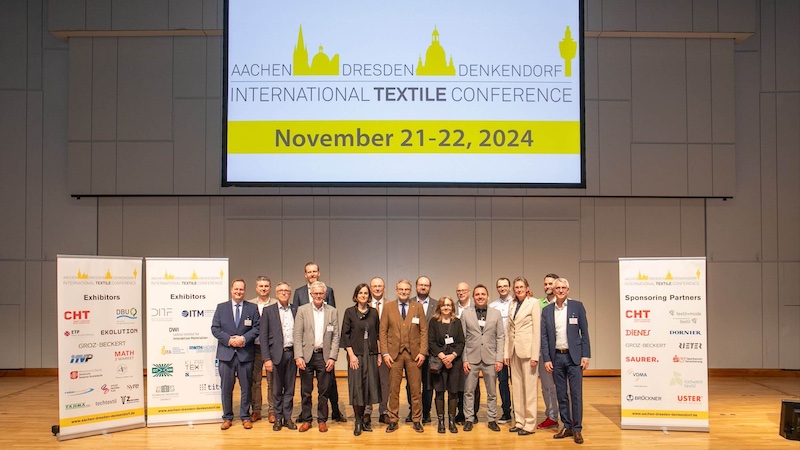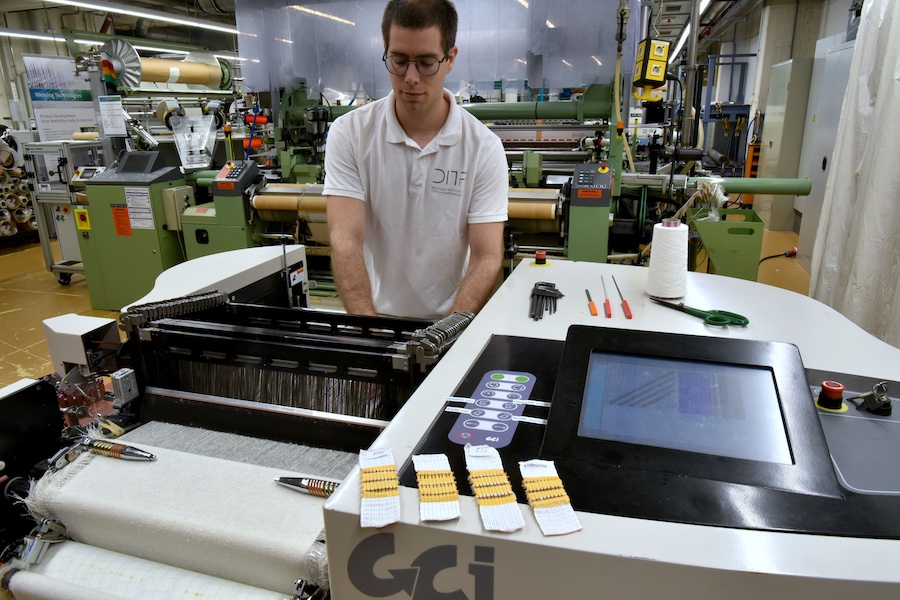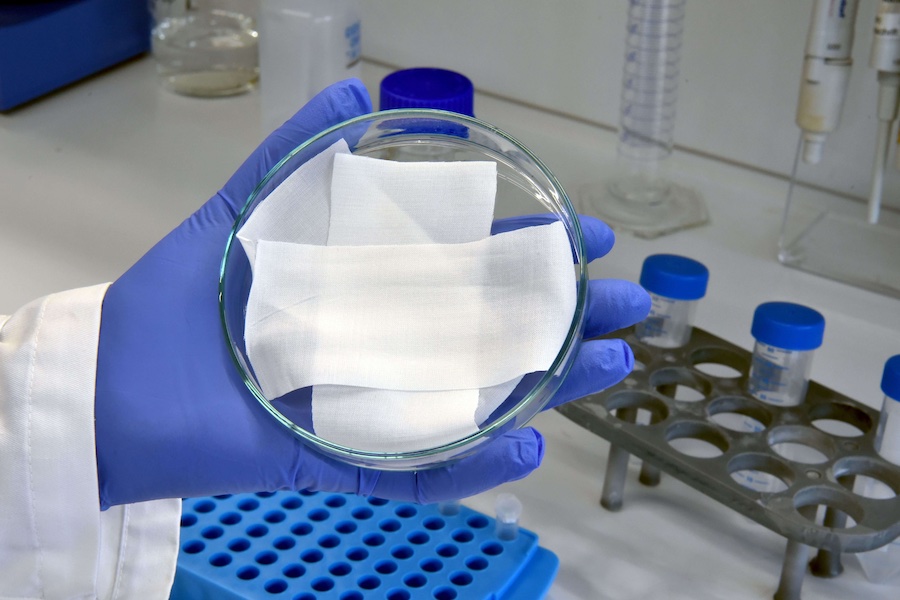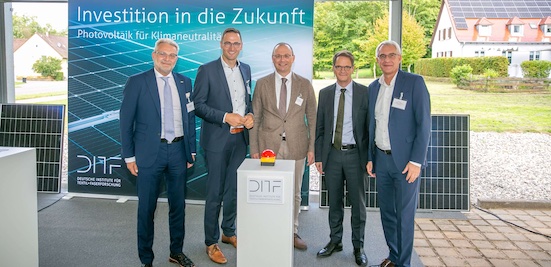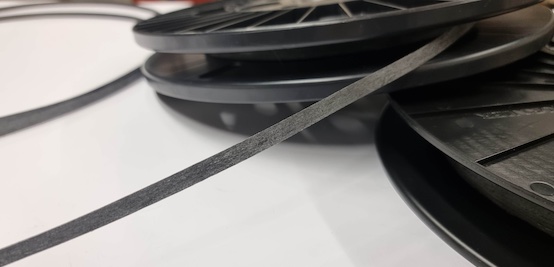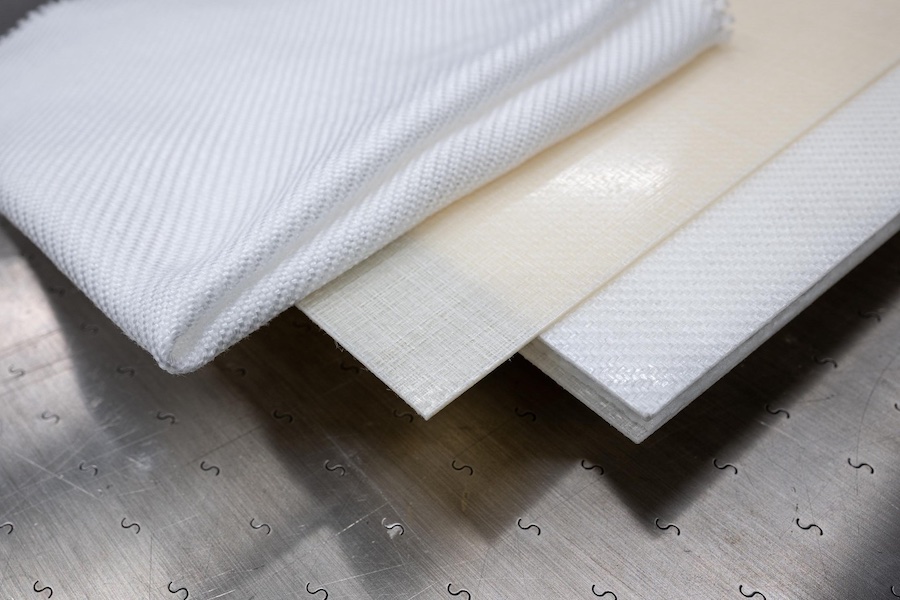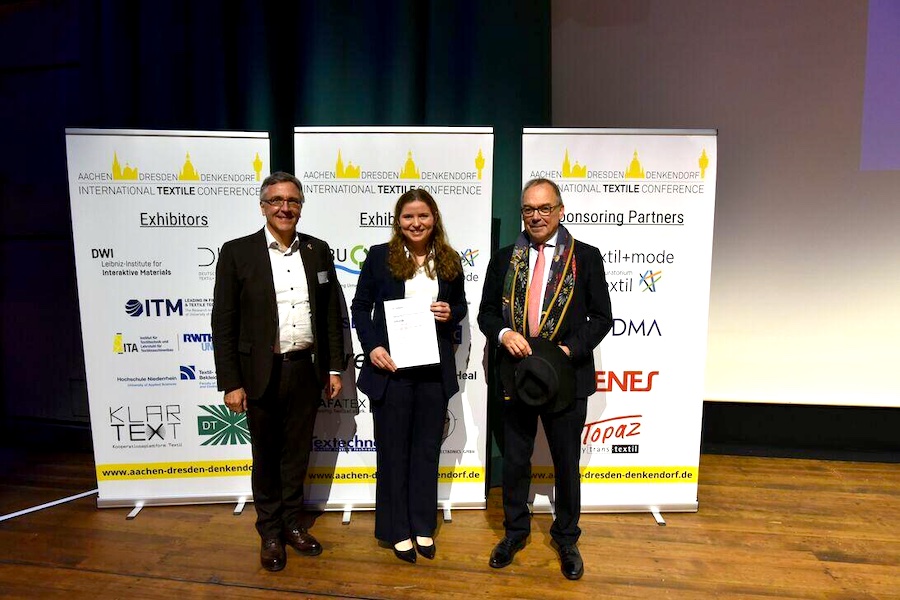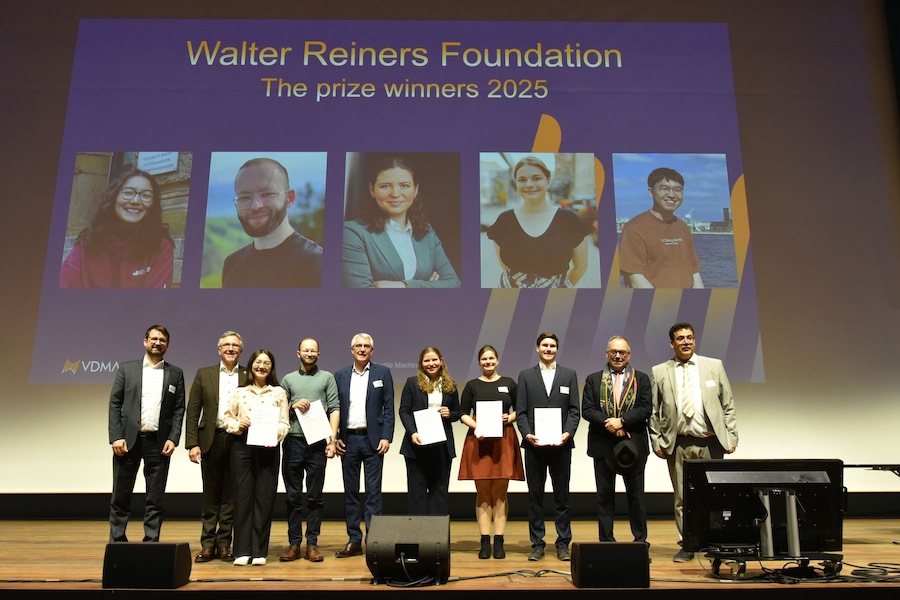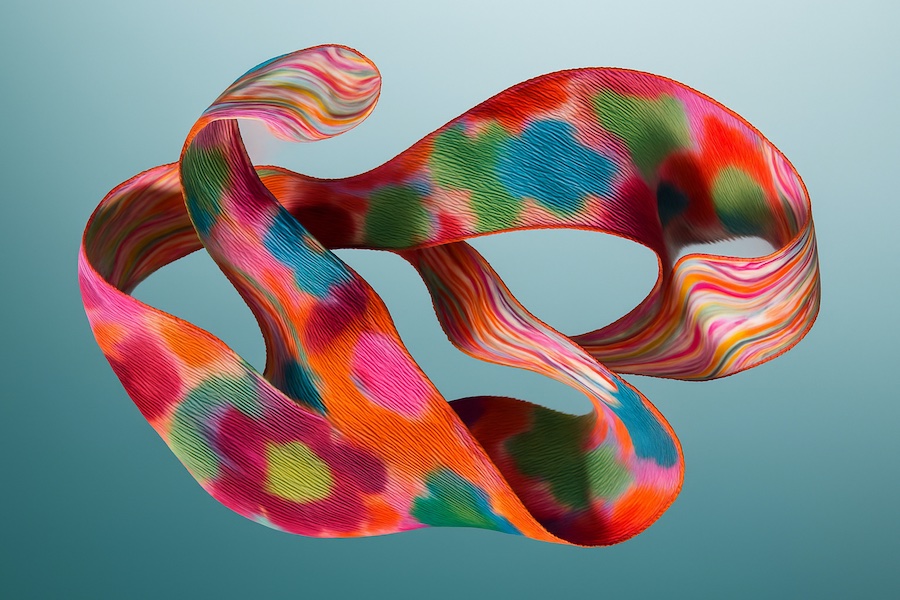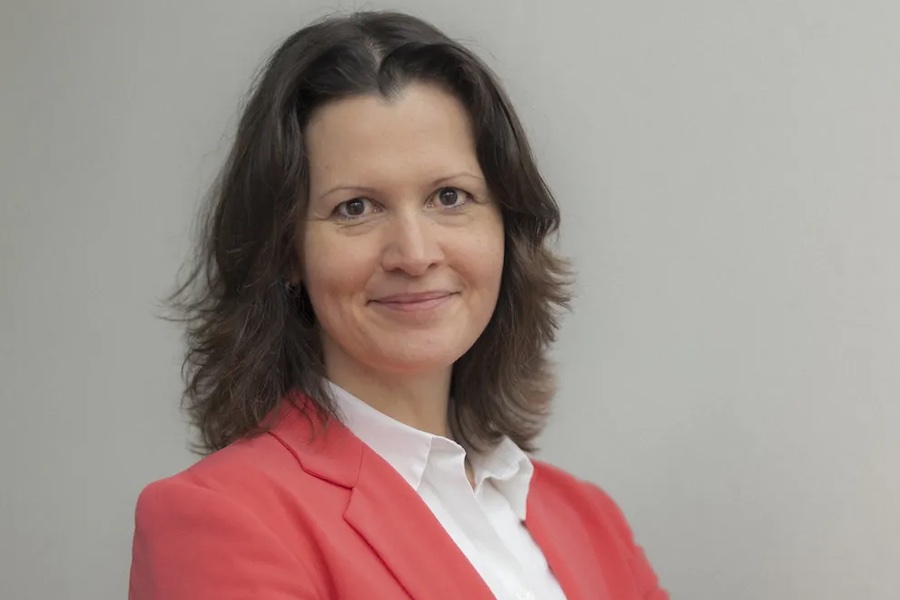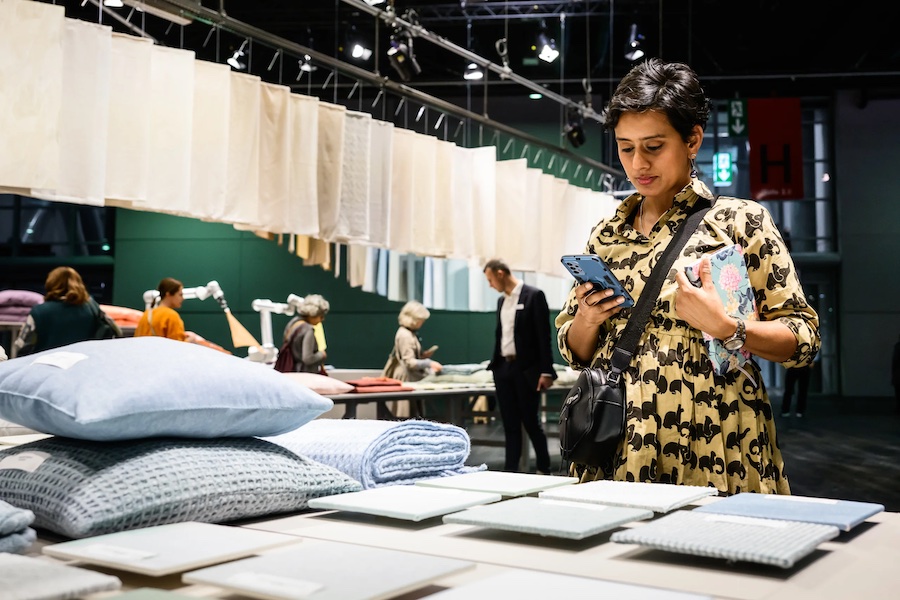#Research & Development
High-tech textiles give impulses for circular economy and recycling: Aachen-Dresden-Denkendorf International Textile Conference 2024
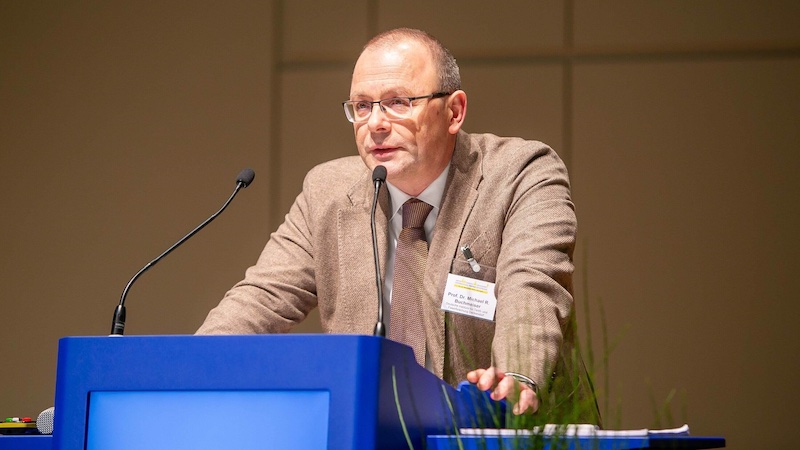
Dr. Patrick Rapp, State Secretary in the Ministry of Economic Affairs, Labour and Tourism, delivered a welcoming address. „ADD ITC can ‘feel right at home’ here in Stuttgart. Baden-Württemberg was and is a textile state, our companies in the textile and clothing industry are building on their past successes and at the same time are well equipped for the future thanks to their innovative spirit. Textile materials and processes are formative for our business location. Functional textiles and textiles based on high-performance fibers as well as those based on renewable raw materials offer further potential that is far from being fully exploited“, says State Secretary Dr. Patrick Rapp.
78 presentations in plenary sessions and three parallel sessions were on the agenda at the Liederhalle Kongresszentrum. Experts from industry and research reported on research results and marketable textile innovations in the fields of high-performance fibers, bio-based fibers, fiber composites, medical textiles, functionalization and textile mechanical engineering.
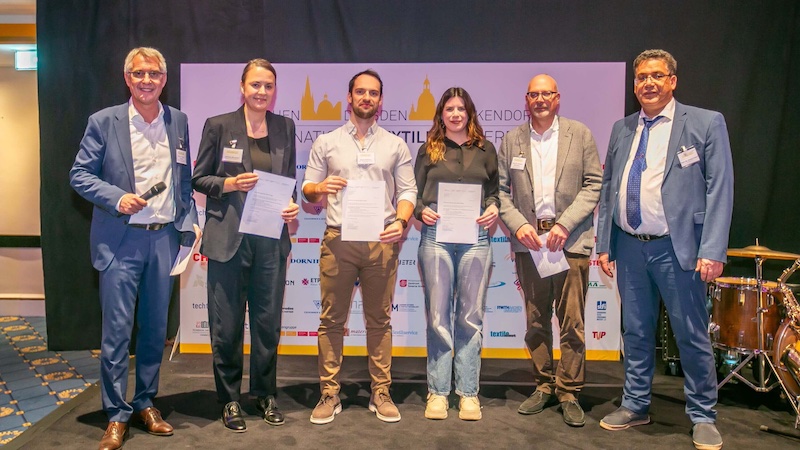
This year's key topic was the challenge posed by the circular economy and recycling. Sustainability means developing and producing high-tech textiles with innovative functionalities without negative effects on the environment and society - and at the same time operating profitably. This requires not only suitable technologies, but also the right choice of materials and the correct handling of substances and material flows. The presentations covered everything from the relevant UN and EU directives to their concrete implementation in companies.
Under the motto “From the idea to practice”, the Forschungskuratorium Textil e. V. presented successful cooperation projects from the IGF-ZIM program in a separate transfer session, in which representatives from science and industry jointly developed and successfully implemented products and processes.
Speakers from this year's partner countries Belgium, the Netherlands and Luxembourg gave a comprehensive insight into the textile industry and research in the three countries with lectures and discussion contributions.
The conference program was complemented by exhibition stands from 24 companies and institutes as well as over 100 scientific posters. Three of the poster presentations were honored with the Best Poster Award of the Aachen-Dresden-Denkendorf International Textile Conference 2024.
The conference is organized annually in rotation by the institutes ITM Dresden, DWI Aachen and DITF Denkendorf. Next year, the ADD International Textile Conference will take place on November 27 and 28. The DWI - Leibniz Institute for Interactive Materials e.V. will then invite participants to Aachen.
